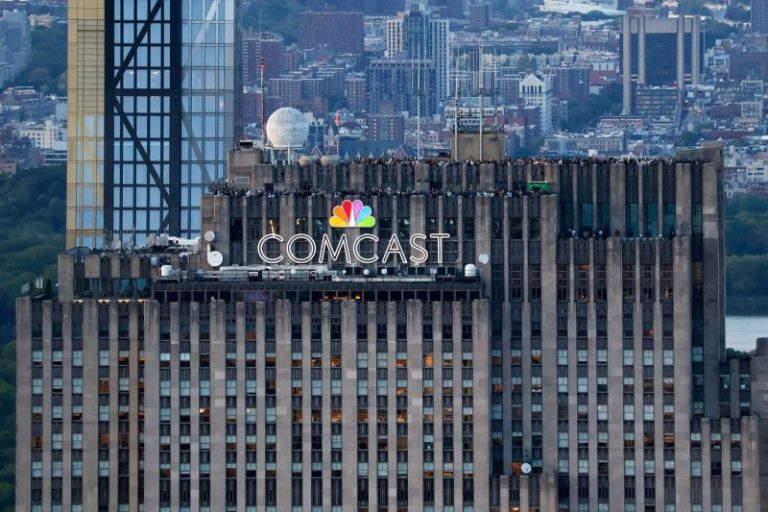Comcast Announces Plan to Spin Off Cable Channels Including MSNBC, CNBC, and USA: What This Means for the Media Landscape
Comcast Corporation, a media giant known for its ownership of various cable channels, has recently made waves in the industry with its announcement to spin off several prominent channels. Among these channels set to depart from the Comcast umbrella are MSNBC, CNBC, and USA Network.
This decision by Comcast marks a significant shift in the media landscape, with implications for both the company itself and the broader industry. In this article, we will delve into the reasons behind Comcast’s move, explore the potential impact on the cable channels involved, and analyze what this means for viewers and the media market as a whole.
Reasons Behind the Spin-Off
One of the key reasons cited for Comcast’s decision to spin off these cable channels is to streamline its operations and focus on its core business offerings. By divesting itself of these channels, Comcast aims to sharpen its focus on its internet, phone, and streaming services, which have become increasingly vital to its bottom line.
Additionally, the move to spin off these channels could be seen as a strategic decision in response to the evolving media landscape. With the rise of streaming platforms and changing consumer preferences, traditional cable channels have faced challenges in retaining viewers and advertisers. By separating these channels, Comcast may be looking to position them for success in a more competitive and fragmented media environment.
Impact on Cable Channels
For the cable channels involved in this spin-off, such as MSNBC, CNBC, and USA Network, this development represents a new chapter in their respective histories. As they transition to new ownership and potentially operate as standalone entities, these channels will need to navigate the changing media landscape and find ways to differentiate themselves in a crowded market.
While the spin-off could present challenges in terms of resources and brand recognition, it also offers opportunities for these channels to explore new partnerships, content strategies, and distribution models. By adapting to the shifting media landscape and staying agile in their approach, these channels may be able to thrive in a post-Comcast era.
Implications for Viewers and the Media Market
From a viewer’s perspective, the spin-off of these cable channels could bring both pros and cons. On the one hand, viewers may benefit from a more diverse and competitive media landscape, with new players entering the scene and offering fresh content and perspectives. However, there is also the risk of fragmentation, with viewers needing to subscribe to multiple services to access their favorite channels and programs.
In terms of the broader media market, Comcast’s decision to spin off these channels could have ripple effects across the industry. As one of the largest media conglomerates, Comcast’s actions are closely watched by rivals and investors alike. The move to divest itself of these channels could signal a broader trend of consolidation or specialization within the industry, as companies seek to adapt to changing consumer habits and technological advancements.
In conclusion, Comcast’s announcement to spin off cable channels like MSNBC, CNBC, and USA Network marks a significant development in the media landscape. While the full impact of this decision remains to be seen, it is clear that the industry is in a state of flux, with companies and consumers alike adapting to a rapidly changing media environment. As these cable channels embark on a new chapter in their histories, the key will be to stay nimble, innovative, and responsive to the evolving needs and preferences of viewers in an increasingly fragmented and competitive market.



